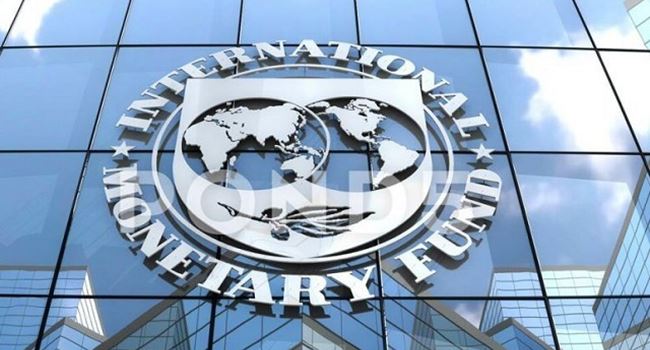Business
IMF wants Nigerian govt to increase VAT, excise duties

The International Monetary Fund (IMF) Friday proposed a hike in Value Added Tax (VAT) and excise duties for Nigeria, suggesting that the implementation of the recommendations be effected when the economy recovered.
The IMF said in a report on the outcome of a study it carried out on the economy between 30th October and 17th March that poverty was high in Africa’s largest economy with a slow pace of recovery.
Revenue generation via VAT increase and excise duty should be executed with efficiency of collection, the multilateral lender said.
“With high poverty rates and only a gradual recovery in prospect, revenue mobilization will need to rely initially on progressive and efficiency-enhancing measures, with higher VAT and excise rates awaiting until stronger economic recovery takes root,” IMF said.
It noted that substantial revenue generation by means of tax policy and administration improvement was needed to provide room for bigger social spending and minimise fiscal risks and vulnerability to debt.
Read also: Corruption corrodes trust in government – IMF
It is probable that government’s execution of VAT increase will hamper the finances and disposable income of the poor.
“Following a significant decline in revenue collections-from levels that were already among the lowest in the world-fiscal deficits are projected to remain elevated in the medium term,” IMF added.
The report urged the Central Bank of Nigeria (CBN) to review its Loan-to-Deposit Ratio (LDR) policy, given the risk it posed to financial stability related with potentially pushing credit to higher-risk clients.
In September 2019, the apex bank had directed deposit money banks to maintain a minimum LDR of 65 per cent by December 2019.
The CBN’s “accommodative monetary stance remains appropriate in the near term given the constrained fiscal space, large fiscal financing needs and strained sovereign external market access…
“Given weak transmission and record low market interest rates, further cuts in the Monetary Policy Rates are unlikely to provide additional support to the economy,” IMF said.
The Bretton Wood Organisation went further to say slashing food costs would not stop inflation from remaining in double digits and above CBN’s target range.
Join the conversation
Support Ripples Nigeria, hold up solutions journalism
Balanced, fearless journalism driven by data comes at huge financial costs.
As a media platform, we hold leadership accountable and will not trade the right to press freedom and free speech for a piece of cake.
If you like what we do, and are ready to uphold solutions journalism, kindly donate to the Ripples Nigeria cause.
Your support would help to ensure that citizens and institutions continue to have free access to credible and reliable information for societal development.
























